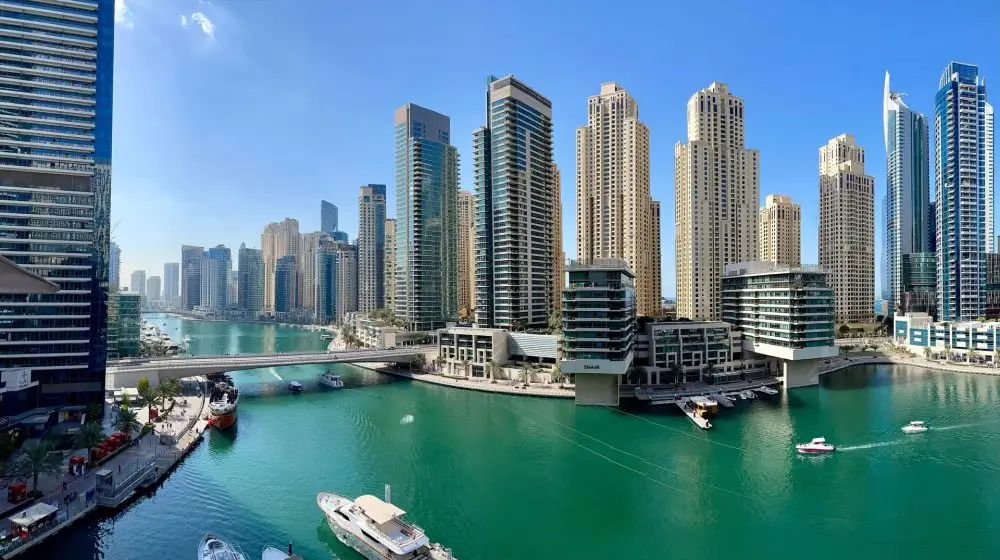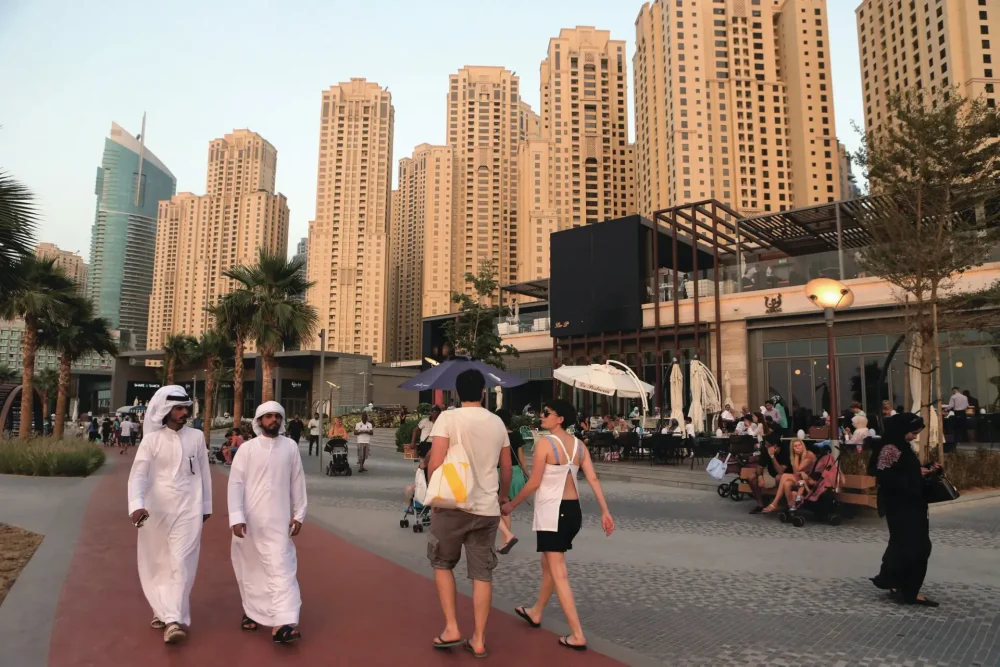For successful capital diversification, it is important to understand what elite real estate is and what criteria to focus on when choosing properties. The premium segment is not limited to high cost—it is formed by location, architectural expressiveness, technological features, and service level. Top apartments, houses, and apartments represent investment value and also symbolize a certain lifestyle.
What is elite real estate: signs and meaning of the term
When talking about what elite real estate is, one should not rely on subjective impressions but on a set of clearly defined characteristics. Housing—properties distinguished by high-quality construction and finishing materials, original architecture, thoughtful layout, and personalized engineering equipment. The basis of such projects is not just comfort but a comprehensive space that corresponds to the owner’s lifestyle.

Depending on the type, elite apartments and houses include unique designer solutions, closed territory, round-the-clock security, and developed infrastructure. Premium-class real estate always meets a certain standard that goes beyond business—in terms of both price and content.
How to distinguish luxury housing from the business segment?
Understanding the difference in elite housing helps avoid mistakes when choosing a property. A prestigious business-class building may outwardly resemble a premium complex but may not meet several key parameters. Below are the signs that define the luxury segment:
- architecture from international bureaus and a unique facade that does not repeat mass construction;
- panoramic windows, ceilings higher than standard, open layout with the possibility of re-planning;
- finishing by famous designers using natural stone, wood, designer furniture;
- underground parking, sound insulation, air and water filtration systems, innovative engineering equipment;
- presence of security, intelligent video surveillance systems, and guarded perimeter;
- well-thought-out infrastructure—fitness clubs, SPA zones, restaurants, lounge spaces.
These characteristics allow for a clear distinction between luxury housing and standard complexes with enhanced finishes. Understanding what elite real estate is formed through a combination of factors: location, architectural uniqueness, level of privacy, and compliance with the premium lifestyle.
Key advantages of investing in real estate
Premium properties are considered not only as a prestige indicator but also as a profitable investment. Below are the key reasons why investors choose to invest in elite real estate:
- high stability even during market fluctuations;
- minimal risks of devaluation with limited supply;
- possibility of renting out at high rates;
- attractiveness for international tenants and expatriates;
- value appreciation with changes in the area’s infrastructure potential.
Understanding what elite real estate is impossible without considering its investment potential: such assets maintain a stable demand, especially in metropolises and prestigious resort locations.
Types of elite real estate: which formats are in demand on the market
The modern market offers various types of real estate, each oriented towards specific goals:
- penthouses and apartments in the city center—suitable for business and living without transportation costs;
- houses outside the city—emphasis on seclusion, landscape, and proximity to nature;
- residences on the coast—convenient for seasonal relaxation and renting out to tourists;
- clubhouses and boutique projects—limited number of apartments and a unique philosophy of coziness and privacy.
The choice of property depends on the goals: residence, capital preservation, or income from rent.
Elite real estate in the UAE: what is it, what are its features?
When considering what elite real estate is, it is worth paying attention to the UAE market, where premium properties include residences on the Persian Gulf and skyscrapers with panoramic views of Dubai.
Developers focus not only on architecture but also on developed infrastructure—from private beaches to educational and medical institutions within residential complexes. Projects are developed in line with international standards, and management is carried out by professional management companies.
Special attention is paid to the level of security—in premium residential complexes, biometric locks, intelligent video surveillance systems, personal elevators, and round-the-clock access to emergency services are implemented. Locations in Palm Jumeirah, Downtown Dubai, Dubai Hills, and Emirates Hills are considered the most prestigious.
How can a foreigner buy premium real estate in the UAE?
Purchasing premium real estate in the UAE is available to citizens of other countries. Foreigners can acquire property in Freehold zones, becoming full owners. The purchasing process is transparent: a sales contract is concluded, ownership title is issued, and registration is done at the Land Department. Bank transfers are secure, and transactions are conducted under the supervision of licensed agents.
When considering what elite real estate is, it is important to take into account the accompanying privileges. In the UAE, purchasing properties worth 2 million dirhams grants the right to obtain a residency visa for up to 10 years. This status provides access to residence, education for children, and medical services without the need for annual visa renewal.
Mistakes in real estate selection: what to avoid?
Even in the luxury segment market, strategic miscalculations are possible. Below are common mistakes to avoid:
- overestimating external gloss without analyzing internal characteristics;
- ignoring infrastructure and transportation accessibility;
- choosing a property without considering operational expenses;
- blindly following trendy trends without investment potential;
- acquiring housing with resale restrictions.
Each of these mistakes can lead to reduced liquidity and decreased investment returns.

Conclusion
Understanding what elite real estate is opens the way for investors to make informed choices of premium assets. Housing is not just high cost but a synthesis of comfort, status, and architectural uniqueness.
Choosing properties requires a strategic approach: it is important to consider not only visual characteristics but also layout, security, legal transparency, and service level. Successful investments are based on a combination of analysis, aesthetics, and pragmatic calculation.
 en
en  de
de  ar
ar  es
es  hi
hi  fr
fr  nl
nl  it
it  pt
pt  el
el 









